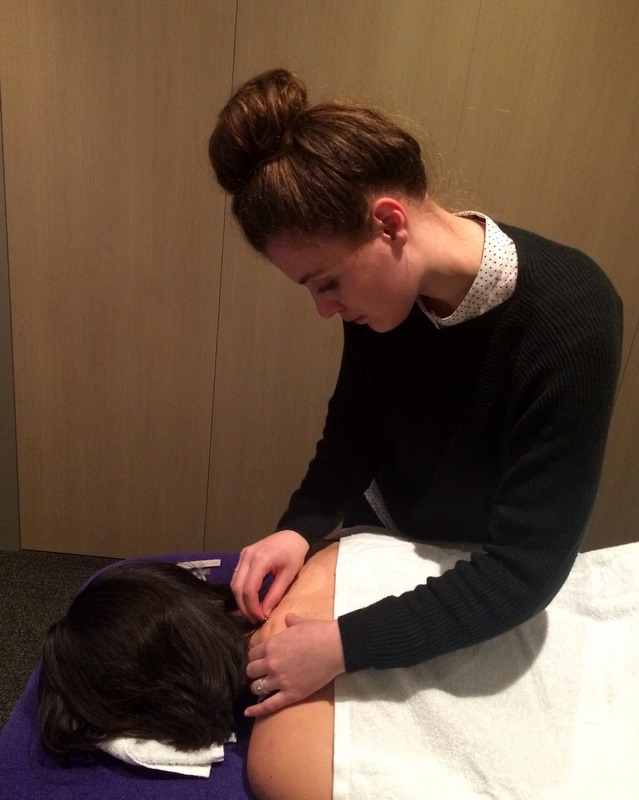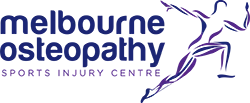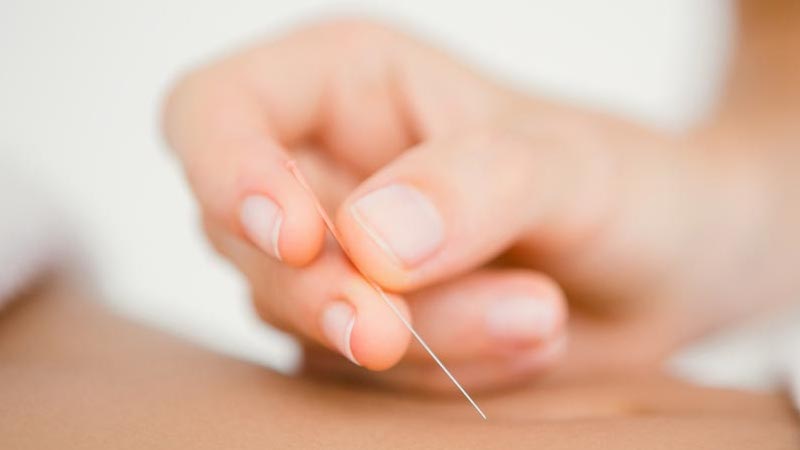Many factors in our day-to-day lives cause tension in the body. Whether it’s poor posture from slouching, carrying a heavy bag on your shoulder or sitting for long periods in a car or at an incorrectly set-up desk.
Headaches can often result from this tension, due to the tightness of muscles in the shoulders, neck and base of your skull. Within tight muscles, we find knots, often referred to as trigger points. Trigger points are ball-like areas of tightness found within tight muscles that can refer pain into your head, causing what we then experience as a headache.
Dry needling is a fantastic technique that may help reduce headache pain and also improve range of movement inhibited by tight muscles.

While dry needling shares the same Japanese grade needles used in acupuncture, the two techniques are very different. You can find out more about acupuncture on our Traditional Chinese Medicine page. Acupuncture is based on ancient Eastern philosophies and treats pain by regulating the body’s physiological processes from a local and systemic level. In contrast, dry needling is a more recent Western technique that targets the trigger points found in tight muscles.
You might be wondering what actually happens when the needle is inserted. The needle causes a tiny contraction within the muscle, which we call a twitch response. This then leads to a chemical change within the muscle, which releases tension and flushes the area with a flow of fresh blood. This, in turn, aids in the recovery process.
In terms of headaches, the main aim of a dry needling treatment is to reduce their intensity and frequency by improving range of motion and decreasing tension in the associated muscles. This proactive method (of treating the actual cause of the headache) can offer great results for anybody who suffers from this complaint.
If you are interested in doing further reading, here are some research articles that outline the evidence base for the benefits of dry needling:
- Improvement in clinical outcomes after dry needling in a patient with occipital neuralgia
- Dry Needling Can Reduce Myofascial Pain Related to Trigger Points Muscles
If you’d like any more information, or are interested in booking a dry needling treatment, then please contact us today. Remember to mention dry needling so that we can find a practitioner qualified to perform this type of treatment.
Dr Zoe de Kock (Osteopath) has a keen interest in a holistic approach to treatment, using both direct and indirect techniques specific to each patient’s needs. She is attentive and caring, capable of treating a wide range of musculoskeletal injuries, headaches and women’s health conditions. Alongside her Osteopathy qualifications, Zoe is also a qualified Clinical Pilates instructor.
If you would like to book an appointment with Dr Zoe de Kock or ask her a question you can:
- book online
- call (03) 9939 1289
- ask a question
- email info@
melbourneosteopathycentre.com. au


